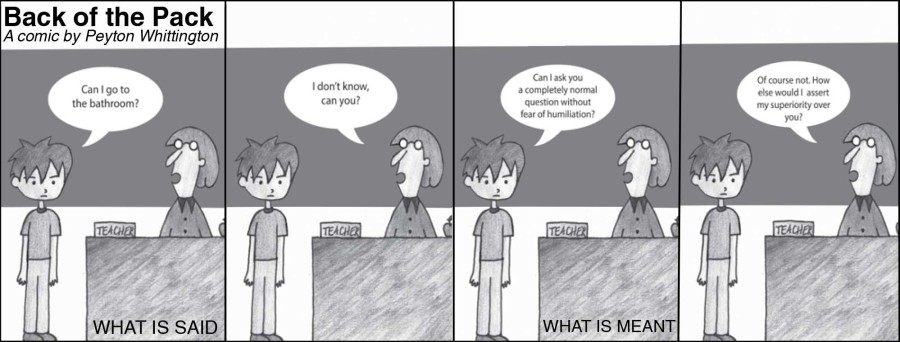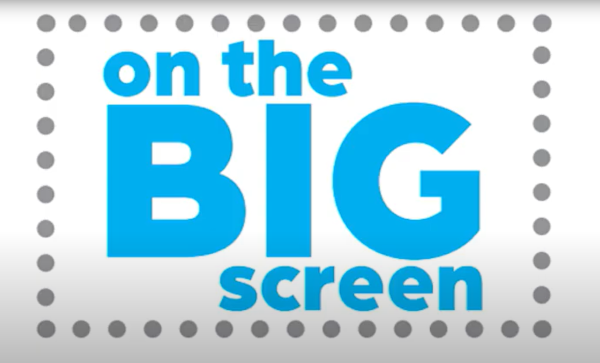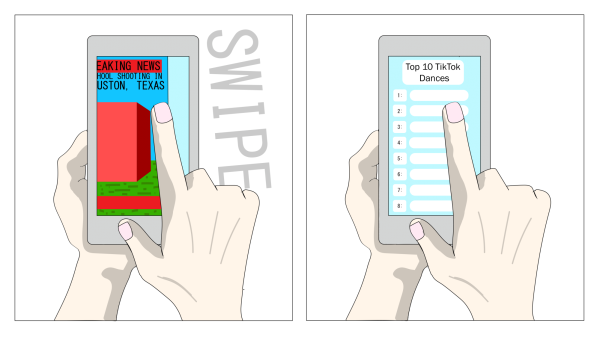The myth of the apathetic teen
photo by Peyton Whittington
The typical teen: a lazy, boring, altogether disrespectful creature with their eyes constantly fixed on a screen and never on their goals. Right?
We’ve all heard the complaints from parents, grandparents, aunts, uncles, teachers, employers, etc. We “kids” are always backtalking our elders and never showing determination to do anything other than scroll through Twitter. But, as we know, this is nothing new. Every new generation is regarded as apathetic by previous generations.
So we are presented with two options: either teens have always been this way, or something has gone horribly wrong in the forging of social connections between teens and adults.
Of course, teens will be teens. It is in our very chemical makeup to be slightly more irritated or quick to rash behavior than fully developed human beings. Within every stereotype, there is an inkling of truth, but this inkling is simply not enough to account for the broad generalization of teens as, essentially, a breed of aggressive sloth.
The explanation of the problem’s source lies in season two, episode nine of Rick and Morty, “Look Who’s Purging Now.” The episode features the concept of verbal hostage taking, which, though presented in a humorous manner, is incredibly telling about our society and the established relationships between teens and adults.
Any teen has probably been in the situation where an adult has asked a pointless question in a failed attempt to make conversation, such as “Oh, watcha doing, just playing on your phone?” The teen then has no other option than to bark a “yes” and come off as the angry, defensive person many adults make the average teen out to be. It’s not conversation. It’s backing someone into a conversational corner.
This contributes a great deal to that ever-present generality about the teenage temperament. We have no meaningful conversations with adults because, many times, we aren’t in a position to make meaningful conversation.
And this doesn’t just apply to teenage stereotypes. Verbal hostage-taking runs rampant in debates about gender equality, abortion, presidential elections, gun control and any other major political or social debate. Ever wonder why you have prepared the best argument in a discussion with someone of opposing views, yet you still come off as the loser? Your opponent has, most likely, taken you as a verbal hostage.
For example, if your pro-life opinion is countered with “So you don’t care about women’s rights?” you are now a verbal hostage. This practice is the telltale sign of someone who either has a weak argument or who is attempting to make subpar conversation.
Of course, not everyone participating in this phenomenon has malicious intent. Some adults really have no idea how to converse on a deeper level with youth, and this is just happens to be their best shot at it.
However, this is no excuse. Adults striving to talk with younger people should look to ask open-ended questions as conversation starters instead of asking questions based on the answers they want to receive. Instead of “Just playing on your phone?” adults could offer a simple “How’s it going?” Adults often make conversation harder than it needs to be, and should know that asking how teens are in general isn’t an outdated concept. Worthwhile discussion is possible, but both parties must pull their conversational weight in order to be successful.
Your donation will support the student journalists of Hagerty High School. We are an ad-free publication, and your contribution helps us publish six issues of the BluePrint and cover our annual website hosting costs. Thank you so much!







